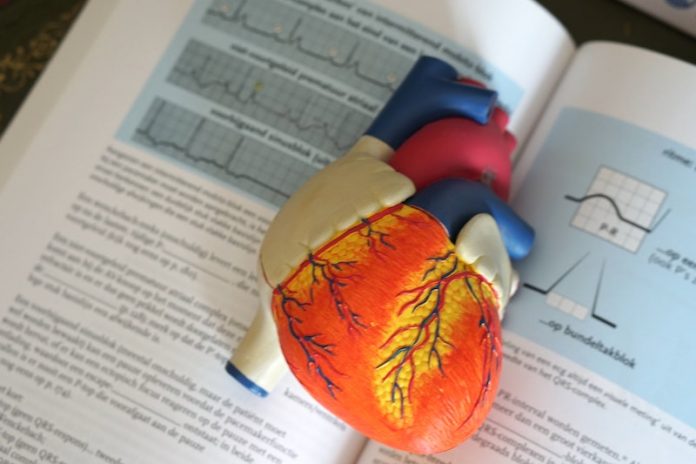
In a new study, researchers found the damage to the hearts of COVID-19 patients is not the expected typical inflammation of the heart muscle, but rather a unique pattern of cell death in scattered individual heart muscle cells.
The findings challenge the notion that typical myocarditis (an inflammation of the heart muscle ) is present in severe COVID-19 infection.
The researchers also found that unlike the first SARS coronavirus, SARS-CoV-2 was not present in heart muscle cells. Nor were there occluding blood clots in the coronary arteries.
The research was conducted by LSU Health New Orleans pathologists.
The team previously revealed diffuse alveolar damage (DAD)—damage to the small airspaces of the lung where gas exchange occurs—along with blood clots and bleeding in the small blood vessels and capillaries of the lung, were the major contributors to death.
These findings, along with severely enlarged right ventricles, may indicate extreme stress on the heart secondary to acute pulmonary disease.
In the study, the team did autopsies on 22 patients who died of COVID-19 at University Medical Center in New Orleans.
The ten male and twelve female patients ranged in age from 44-79. Although there were other underlying conditions, the majority had high blood pressure, half had insulin-treated type 2 diabetes, and about 41% had obesity.
The team also found viral infection of some of the cells in the lining of the smaller blood vessels (endothelium). Although at low levels, it may be enough to cause dysfunction leading to individual cell death.
The effects of the so-called “cytokine storm” (severe overreaction of the immune system cells fighting the infection) linked to COVID may also play a role.
The team says given that inflammatory cells can pass through the heart without being present in the tissue proper, a role for cytokine-induced endothelial damage cannot be ruled out.
One author of the study is Richard Vander Heide, M.D., Ph.D., Professor and Director of Pathology Research at LSU Health New Orleans School of Medicine.
The study is published in Circulation.
Copyright © 2020 Knowridge Science Report. All rights reserved.



